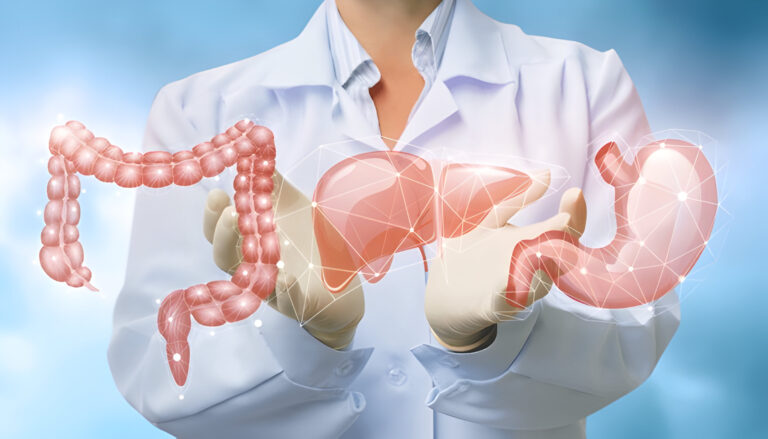
FAQ on Disorders of the Gastro-Intestinal
1. What are the most common symptoms of gastro-intestinal disorders?
- Answer: Common symptoms include abdominal pain, bloating, heartburn, nausea, vomiting, diarrhea, constipation, and unintentional weight loss. The specific symptoms can vary depending on the type of disorder.
2. What is the difference between GERD and acid reflux?
Answer: Acid reflux is the occasional backflow of stomach acid into the esophagus, often causing heartburn. GERD (Gastroesophageal Reflux Disease) is a chronic, more severe form of acid reflux that occurs more frequently and may require medical treatment.
3. How are gallstones diagnosed?
Answer: Gallstones are usually diagnosed through imaging tests like an ultrasound or CT scan. Blood tests may also be conducted to check for infection or other complications related to gallstones.
4. Can dietary changes help manage gastro-intestinal disorders?
Answer: Yes, dietary changes can be crucial in managing many GI disorders. For instance, a low FODMAP diet may help with IBS, a gluten-free diet is essential for managing Celiac disease, and avoiding certain foods can reduce GERD symptoms.










